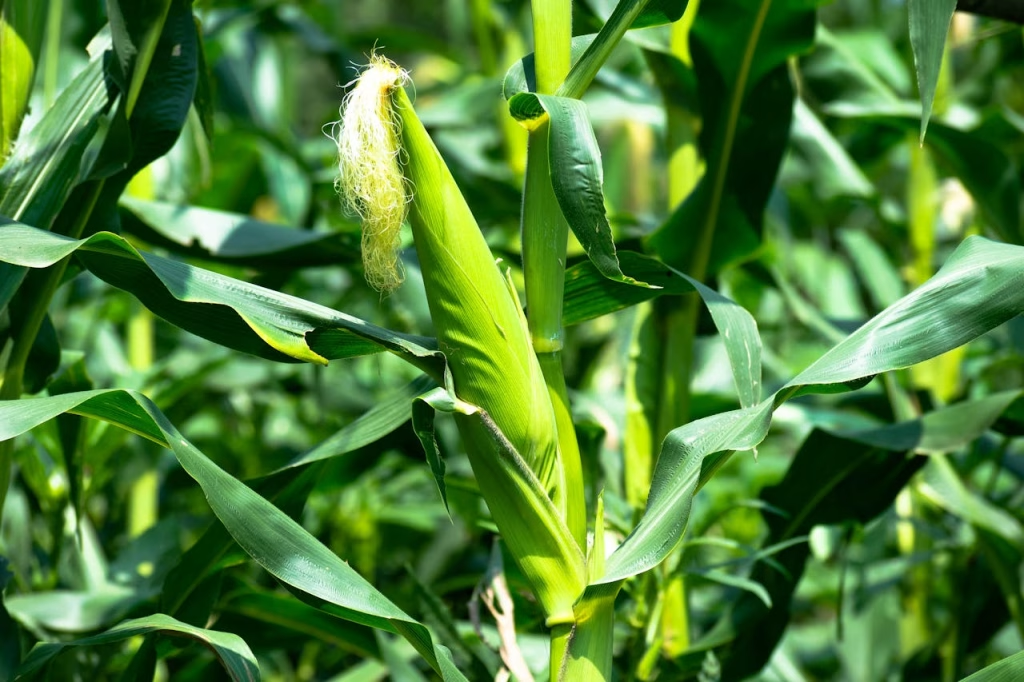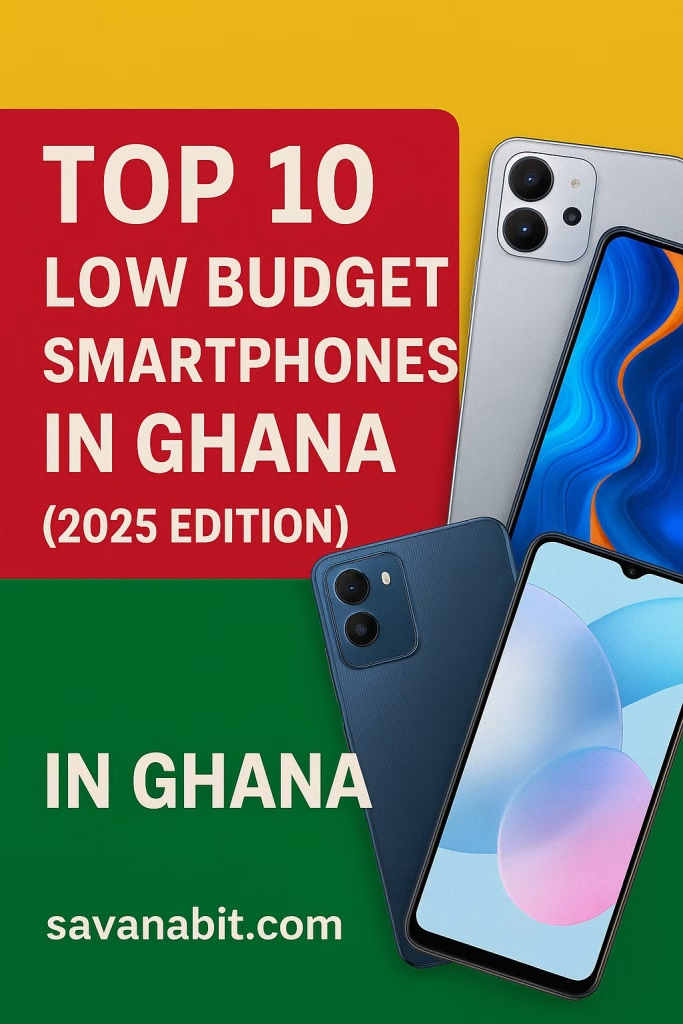Transforming Ghana Agriculture: The Ghana–Serbia Agritech Partnership under Feed Ghana
On July 17, 2025, Ghana and Serbia reaffirmed their commitment to deeper bilateral cooperation, marking a new era of agricultural collaboration aimed at transforming Ghana’s farming landscape. A key outcome of that visit was enhanced cooperation between Ghana’s Ministry of Food and Agriculture and Serbian agricultural technology experts to power the nation’s flagship Feed Ghana Programme (FGP) with digital farming initiativeS.
What the Feed Ghana Programme Aims To Achieve
Launched by President John Dramani Mahama on April 11, 2025, in Techiman, Bono East Region, the FGP is Ghana’s centerpiece initiative under the Agriculture for Economic Transformation Agenda (AETA) Ministry of Foreign Affairs Ghana+1Czech Foreign Affairs+1. Its goal: boost domestic food production, reduce reliance on imports, create jobs, and support agribusiness development.
Central to the programme are modern innovations:
Rolling out Smart Agriculture via farmer service centres,
Establishing agricultural production enclaves with irrigation and storage infrastructure,
Promoting crop value chains in staples like maize, rice, legumes, and industrial crops Ministry of Foreign Affairs Ghana+1Czech Foreign Affairs+1.
The Role of Serbia in Agritech Collaboration
Serbia’s Foreign Affairs Minister Marko Đurić and Ghana’s counterpart Samuel Okudzeto Ablakwa signed agreements highlighting cooperation across agriculture, defence, technology, and lithium exploration . Notably, agriculture is a prioritized sector where Serbia is set to provide knowledge, expertise, and smart-tech solutions to complement Ghana’s Feed Ghana vision.
Though full technical details are still emerging, the collaboration is expected to focus on:
Solar-powered sensors and weather stations for farm monitoring,
Digital platforms to support irrigation decisions,
Capacity building for technicians and smallholder farmers.
These moves build on broader patterns of technology transfer seen in other Ghana partnerships with countries like the Czech Republic and Belarus in agricultural modernization
Czech Foreign Affairs+1agrocentric.com+1.
What Smart Agriculture Brings to Ghana
1. Climate-sensitive Decision Making
By deploying solar-powered weather stations and sensors, farmers can monitor soil moisture, rainfall, and temperature in real-time. This enables:
Precision irrigation,
Optimal planting and harvest timing,
More effective use of inputs and reduced wastage.
2. Improved Productivity & Food Security
Smart tools combined with digital Farmer Service Centres help deliver:
Timely training,
Access to quality seeds and fertilizer,
Better storage and processing infrastructure.
This ecosystem aligns with Feed Ghana’s goal of reducing Ghana’s US $2 billion annual food import bill, especially in key commodities like poultry and grains
3. Empowerment & Youth Inclusion
The programme prioritizes youth and women’s involvement through access to land finance, agritech training, and financial inclusion via Farm Banks and GIRSAL structures . Serbia’s expertise will reinforce this via training-of-trainers and on-the-ground deployment support.
Expected Impact: What’s at Stake
Increased Yields: Real-time data can raise productivity by 20–30% especially in staples like maize, rice, vegetables.
Reduced Post-harvest Losses: Sensor-based monitoring helps avoid spoilage and losses during transport or storage.
Export & Agro-industrial Value Chain Growth: By improving quality and reliability, Ghana can move toward regional exports and support downstream processing industries.
Sustainability: Solar-powered systems and data-driven farming reduce reliance on chemicals and conserve water.
Strategic Partnership in Action
This initiative exemplifies how international partnerships can boost Ghanaian agriculture:
Serbia provides technical expertise and possibly pilot technologies,
Ghana brings policy frameworks, agronomic research bodies like CSIR-CRI, and implementation platforms such as GhAAP and MoFA’s structures
Ghanaian innovation hubs and incubators—like GCIC and Ghana Climate Innovation Centre—can support local adaptation and scaling of these tech tools en.wikipedia.org.
Challenges to Watch
While promising, the rollout faces hurdles:
Infrastructure Gaps in rural electrical and network connectivity,
Training Needs—ensuring farmers and extension agents understand and trust digital systems,
Maintenance & Sustainability of hardware and data systems,
Scaling Pilot Projects from demonstration sites to thousands of farms.
Final Thoughts
The Ghana–Serbia agritech collaboration stands out as a strategic pillar in the broader Feed Ghana Programme. It marries Ghana’s agricultural policy ambition with Serbian technology expertise to pave a new path for smart, climate-sensitive, and youth-forward farming in Ghana.
If successfully implemented, this partnership could become a blueprint for African agritech advancement, helping Ghana not only feed its people but also transform agriculture into a vibrant, value-added economic pillar.
Stay tuned on Savanabit.com for updates as this story evolves: from pilot deployments to real impact stories on Ghanaian farms.







